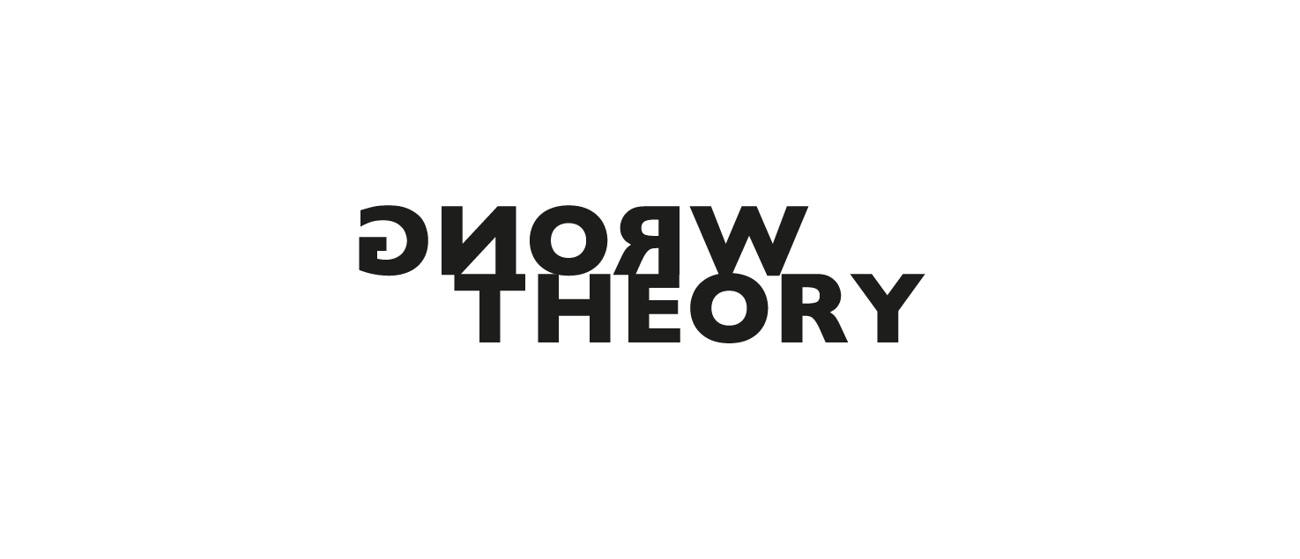
One of the most interesting parts of Werner Herzog’s latest documentary Lo and Behold: Reveries of the Connected World was his interview with Sebastian Thrun, a robotics researcher/educator from Stanford University.
Herzog asked him why we should trust driverless vehicles, with the inference being that humans seem like a safer bet and we have a misplaced faith in algorithms. This is a very common fear, but Thrun’s answer was revealing: if a human driver crashes, the driver might learn a lesson and adapt their behaviour. But, if an autonomous vehicle that is part of a network crashes, the whole network learns from that mistake and gets better. And that struck us here at Idealog as a good analogy for what we’ve been trying to achieve with The F Word project over the past few months: with the help of Callaghan Innovation, we are tapping into New Zealand’s business network to show that making mistakes, learning from those mistakes and developing resilience is a key part of success.
Our hypothesis was that the stigma associated with failure in New Zealand was holding us back economically; that we didn’t have enough of the ‘if you fall over, just dust yourself off and try again’ attitude evident in places like Silicon Valley; and that failure was often attached to people, rather than to ideas. The research we conducted bears that out.
Humans – and particularly humans in the media – love a good origin story. And, in the business world, they’re often exaggerated to make them seem more appealing. No-one wants to hear that a successful business was moulded and shaped over many years through trial, error and sleepless nights, even though that’s generally the reality. They want to hear about Eureka moments and over-night successes.
The problem is that this is often mythology, not reality. It’s called survivorship bias and, as the description goes: “It is the logical error of concentrating on the people or things that ‘survived’ some process and inadvertently overlooking those that did not because of their lack of visibility. This can lead to false conclusions in several different ways. Survivorship bias can lead to overly optimistic beliefs because failures are ignored, such as when companies that no longer exist are excluded from analyses of financial performance.”
It could be argued Idealog is guilty of this because we typically focus on the successes. We are an unashamedly aspirational title and the hope is that by profiling successful businesses, we might create the spark that leads to more of them. But what we’ve tried to do with this project is focus on the other side of the equation; to offer inspiration through a dose of realism. That might seem counterintuitive. But Jeremy Wenokur, who led corporate development for Google in its early days and now runs Lightbox Ventures, summed up why this approach has merit when he was asked at a Project Connect event earlier this year why embracing failure was important: he said you tend to cruise when things are going well, but when things start going wrong, you dive in, investigate the problem, try to fix it and do your best to ensure the same thing doesn’t happen again. There is a danger that the squeaky wheel gets the oil with this approach and it’s important to ensure that successful things become even more successful, but he’s right: “Failure is forensic.”
The phrase ‘fail fast’ has become something of a startup cliché. And in some cases it can inspire a degree of carelessness. It’s important to remember that with any business, there are people involved. Jobs can be lost, investors can lose money and reputations are at stake. But, like an overnight bus ride in a developing nation, it’s also important to remember that while it might be horrible at the time, nothing rewarding is easy and, over time, that experience is often looked back on with fondness. Successful entrepreneurs know that the things you discover – about your business and yourself – when your arse was over the flame will serve you well in the future.
The late Sir Paul Callaghan believed it would only take 100 inspired entrepreneurs to move New Zealand away from its reliance on the primary sector and tourism. But, to get there, more New Zealanders need to start something. Taking that leap is scary, and mistakes are inevitable, but our hope is this project will go some way to reducing that fear.
So what are you waiting for? Go make some mistakes.





